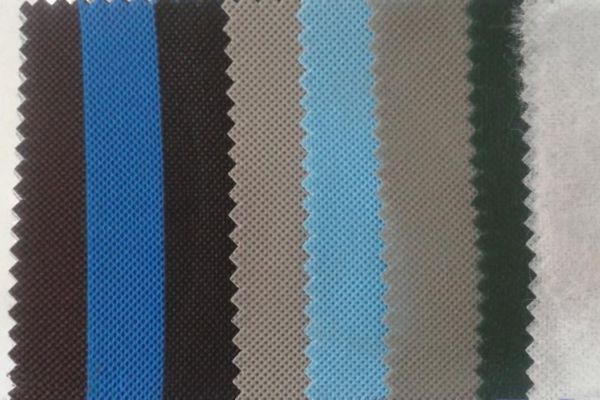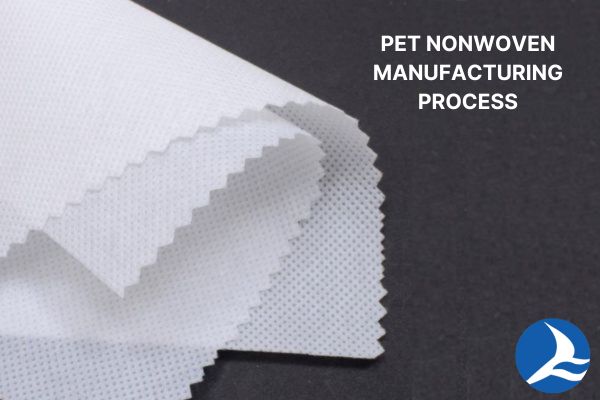Description
PET refers to polyethylene terephthalate, and when you use PET as a fabric, it is called polyester. You can recycle PET nonwoven. So this product is worth it.
You are going to learn vast information about PET nonwoven. We will also briefly describe what PET is nonwoven, the characteristics and properties, applications, and manufacturing processes. In conclusion, we will provide a terrific tip to take care of your PET nonwoven.
What is PET nonwoven?

PET nonwoven is made from polyester, and it is a type of polymer that contains a monomer with an ester functional group. PET nonwoven is an excellent option for formulating industrial filter materials, construction equipment, medical equipment, hygiene products, agricultural fabric, and so on.
Characteristics of PET nonwoven

1. PET non-woven can be resistant to high temperatures. So you can use this fabric at a high temperature. So it increases sustainability.
2. You can use PET nonwoven as anti-bacterial or antimicrobial. In this pandemic time, this is the best benefit of this material.
3. This fabric has filtration power.
4. PET non-woven has great strength.
5. It is very durable and reliable.
6. Hydrophilic is an outstanding aspect of PET non-woven. You can use this material as a waterproof product.
7. You can recycle PET non-woven, so you do have to take any concern about what to do with this material after the first use. You can easily recycle it.
8. Most of the material of PET non-woven is biodegradable. So it has no harmful effect on our environment.
Physical Properties
| Term | Objective |
| Specific gravity | 1.38 |
| Melting point | 250 degree Celsius |
| Tenacity | 5 to 7 gm/ den |
| Moisture regain | 0.40% |
| Registrant to | Water, most of the chemical |
| Elasticity | Good |
Manufacturing process

PET non-woven use in the fiber industry is called polyester. So here, we will describe the manufacturing process of polyester.
● Step 1
First, you need to react with dimethyl terephthalate and ethylene glycol. For this reaction, you need a catalyst and 302 to 410 degrees Fahrenheit temperature. On the Celsius scale, it will be 150 to 210 degrees.
● Step 2
After the procedure of step one, you will get monomer alcohol, combine it with terephthalate acid. Then raise the temperature to 472°F. Now your desired polyester will form.
● Step 3
Dry it properly, which will help the fabric to prevent irregularities in the consistency.
● Step 4
Now the melt spinning function, melt all the polymer chips at 500 to 518 degrees Celsius. Then put it into the spinneret and give force into its tiny holes. Then you will get single strands of fiber. In this step, you can add other chemicals to bring certain factors.
● Step 5
At last, you have to do drawing and winding fiber. Now you can package your polyester yarn.
Applications

Health sector
PET nonwoven use for making filter cards which is a special commodity in health care. Besides, it is antimicrobial. So you can use this fabric to protect yourself from harmful microorganisms.
Civil project
You can use PET nonwoven for civil projects like roadway separation or drainage systems.
Water and heat resistant products manufacturing
PET nonwoven is water-resistant and also heat resistant. So people can make water or heat-protected products by it.
Conclusion
So what do you think after reciting this article? Hope you now understand the importance and applications of PET nonwoven. But taking care of this fabric is tough. A super tip for taking care of your PET non-woven is that you can use softener and need not do hard ironing.
